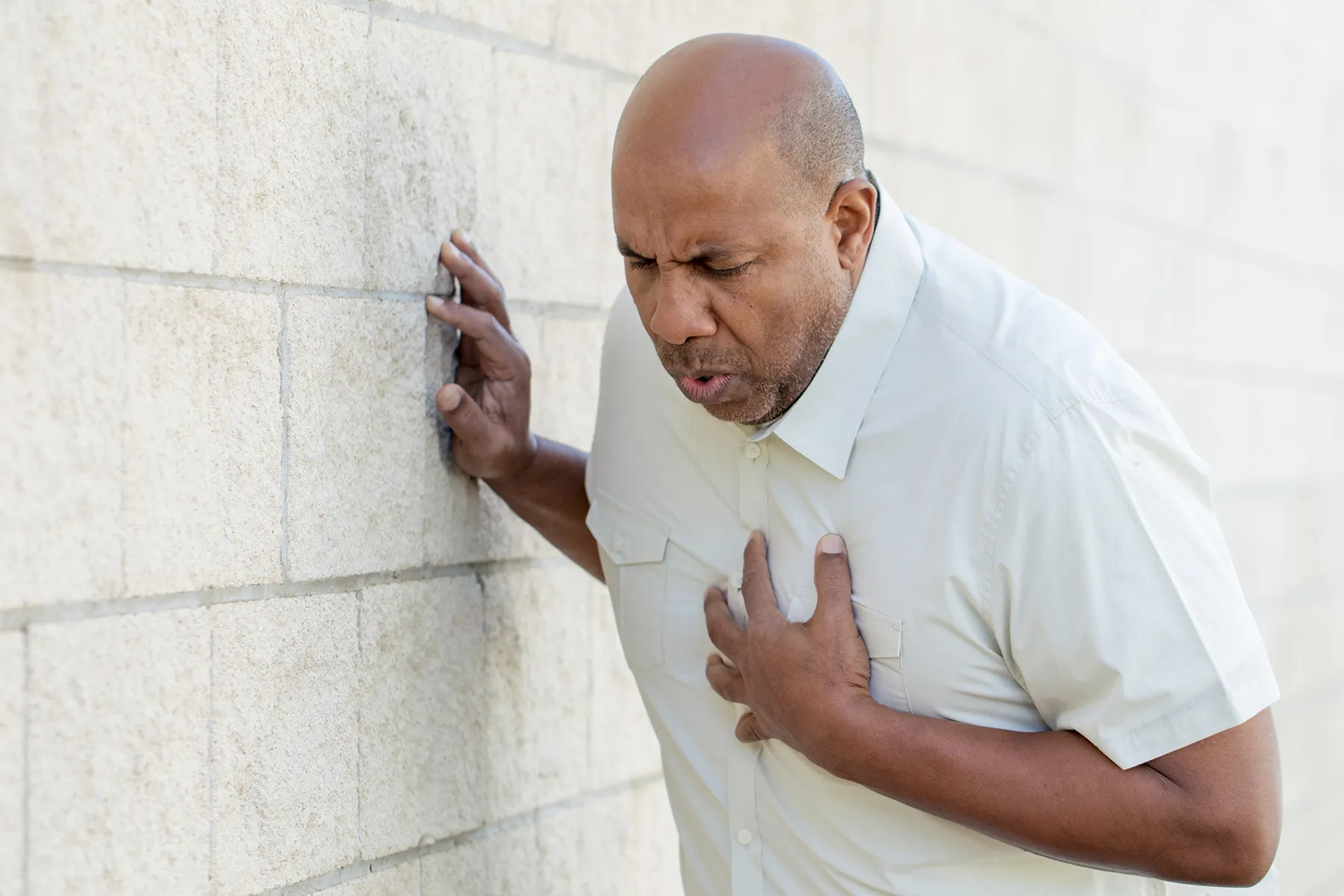Are You at Risk for Sudden Cardiac Death?

Sudden cardiac death (SCD) is estimated to cause between 350,000 and 375,000 American deaths annually. It claims nearly the same number of lives in Europe each year. Although the majority of SCDs occur as random events in the population, researchers have discovered genetic links that identify risk in some families. Do you know if you or a family member are at risk?
How does sudden cardiac arrest differ from a heart attack?
Dr. Robert Myerburg, a cardiologist and expert in sudden cardiac death with the University of Miami Health System, says that the terms massive heart attack and sudden cardiac arrest (SCA), also called sudden cardiac death (SCD), are often used interchangeably. There are important differences, however, between the events.
During a heart attack, normal blood flow to a part of the heart muscle is blocked by a plaque or blood clot in one of the arteries serving the muscle, interrupting its oxygen supply and resulting in a scar in the heart. With SCA and SCD, the heart’s electrical circulation suddenly changes into heart rhythm disturbances, such as ventricular fibrillation (in which the heart loses coordinated beats and cannot pump blood). This causes the heart to stop pumping blood immediately. It leads to rapid death if not reversed within minutes.
“The normal electrical patterns allow our heart to pump in an organized fashion, in order to supply needed blood (containing oxygen) to our brain and other critical organs,” explains Dr. Myerburg. “With interruption of continuous blood flow, death can occur in minutes if not treated immediately.”
He adds that SCA and SCD can occur after a heart attack (myocardial infarction), or during recovery from a heart attack. Other causes include thickened heart muscle (cardiomyopathy) and genetic causes.
Can genetic screening prevent SCD?
Because the time period to save a life from SCA is so brief, research has focused on ways to identify high-risk individuals in advance. One approach emerges from SCA occurring or clustering in families.
“Although not common, we’ve learned that the genes and gene mutations responsible for sudden cardiac arrest and death can run in families,” says Dr. Myerburg. “By screening family members of those who have experienced an SCA identified as being due to a genetic disorder, or suspected of it because of clustering of multiple SCAs in a family, we can identify other family members at risk. We can monitor them much more frequently. We also can help them to take steps needed to decrease their cardiac arrest risk.”
Dr. Myerburg shares that some of the primary genetic syndromes looked for are called long QT syndrome, Brugada syndrome, hypertrophic cardiomyopathy, and arrhythmogenic right ventricular cardiomyopathy. The screening is a simple blood test, which is offered at UHealth’s Cardiovascular Genetics Clinic, through commercial labs, and at other centers nationwide.
“We can potentially help generations of people avoid sudden cardiac death,” says Dr. Myerburg. “By knowing, for instance, that one of three children of a man who died of SCD or who has had a sudden cardiac arrest, also has that genetic mutation, we can ensure that his children are screened, their children are screened, and so on.”
Dr. Myerburg adds that an effort has begun nationally and internationally to create a database of all possible genetic mutations that could put someone at risk. Such a registry will take time to create. There are many geographic and ancestral differences in those at risk for SCD. There are also many variables in the genes, and in their mutations.
“Long QT, for instance, can occur on 15-20 different genes, plus innumerable mutations in each of those genes,” he says. “Thickened heart muscle (called hypertrophic cardiomyopathy) can be caused by 40 to 50 different genes, plus additional variables.”
Decrease your risk
If you have a parent or grandparent who has experienced either sudden cardiac arrest or sudden cardiac death, ask your doctor about screening programs near you for you and any parents, siblings, and other relatives. Many insurance companies now cover the cost of the test with just a small copay. Medicare also has approved payment for the blood screening in most cases.
Regardless of your genetic risk, know the signs of sudden cardiac arrest.
If you witness any of these symptoms, call 9-1-1 immediately and begin CPR.
- Falling or collapsing suddenly
- Not breathing
- Losing consciousness
- Not having a pulse
Written by a staff member at UMiami Health News.
Tags: cardiac arrest, Cardiovascular Genetics Clinic, Dr. Robert Myerburg, sudden cardiac death
